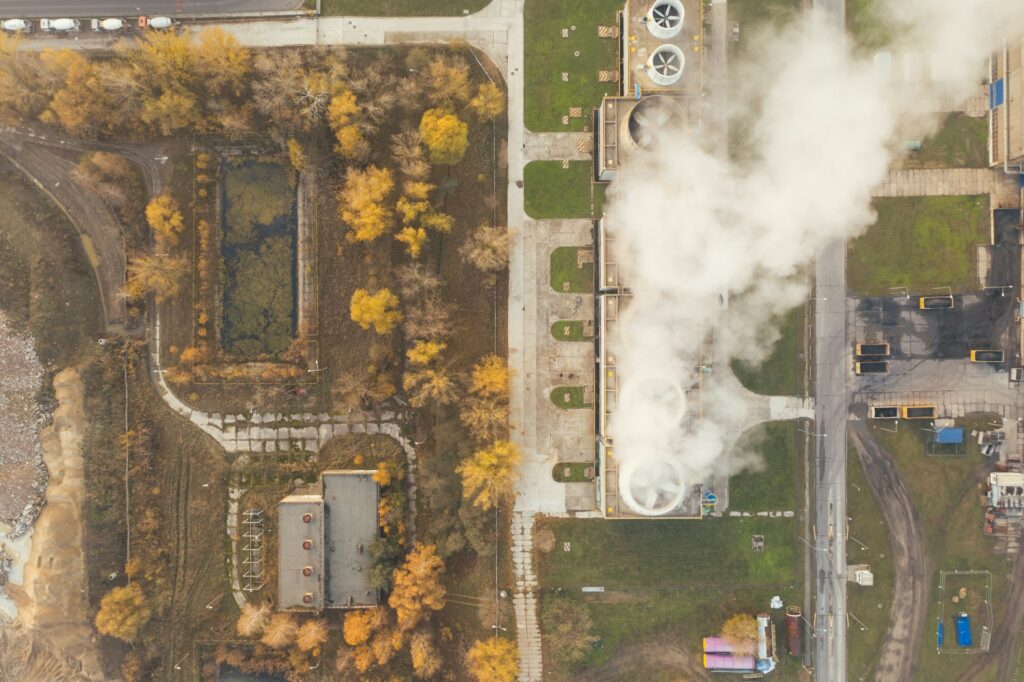
(Rightallegiance.com) – In a significant policy shift, the Biden administration has recently decided to postpone the approval of new liquefied natural gas (LNG) export facilities in the United States. This decision comes amidst a substantial increase in gas exports to Europe and Asia following Russia’s invasion of Ukraine.
The administration’s move appears to be in line with environmental concerns, particularly those voiced by environmental advocates who have warned about the potential long-term environmental impacts of increased LNG exports. These concerns are particularly poignant in light of President Biden’s commitment to halving climate pollution by 2030.
President Biden, addressing the issue, emphasized his administration’s commitment to confronting the climate crisis and resisting the influence of special interests. He highlighted the importance of listening to the younger generation and communities at the forefront of environmental impacts, who demand decisive action on climate issues.
The White House has expressed concerns that the current methods employed by the Department of Energy to assess LNG projects may not fully consider the potential economic impacts on American consumers and manufacturers, as well as the broader environmental implications, particularly regarding greenhouse gas emissions. This pause has been met with mixed reactions: industry groups view it as a setback, potentially benefiting Russia, while environmentalists see it as a crucial step, especially after the approval of the substantial Willow oil project in Alaska.
Prominent environmental activist Bill McKibben lauded the decision, viewing it as both a courageous and strategic move by Biden to garner support from younger voters who prioritize climate issues. McKibben pointed out the significant environmental impact of proposed LNG projects, such as a terminal in Louisiana, which is estimated to produce greenhouse emissions far exceeding those of the Willow project.
Energy Secretary Jennifer Granholm clarified that this hiatus would not impact already authorized export projects. She noted that U.S. gas exports had reached record levels in the previous year and assured that the current supply to Europe and Asia would remain unaffected. Granholm mentioned that the Energy Department could make exceptions for national security needs if necessary.
The duration of this pause is yet to be determined, but the administration plans to conduct a thorough study of the proposed LNG projects’ environmental, economic, and national security implications. This process, along with a subsequent public comment period, is expected to delay decisions on pending LNG projects until after the 2024 presidential election.
The U.S., having only begun exporting LNG less than a decade ago, has rapidly grown in this sector, becoming the world’s largest gas exporter. These exports surged notably after Russia’s invasion of Ukraine in February 2022, with Biden and Granholm previously highlighting the geopolitical significance of U.S. gas in countering Russian President Vladimir Putin.
The American Petroleum Institute criticized the decision, arguing that it undermines global climate progress, energy market stability, and U.S. job creation. Mike Sommers, the president and CEO of API, stressed the benefits of U.S. LNG exports in transitioning countries to cleaner fuels and reducing global emissions.
Granholm emphasized that the pause is not intended to retrospectively review already authorized exports nor to penalize the oil and gas industry. The objective, according to Granholm, is to strengthen energy security in the U.S. and with allies, while simultaneously safeguarding the environment and transitioning to a clean energy future.
Environmental consultant Jeremy Symons described Biden’s decision as a turning point in the battle against climate change. He praised the administration for prioritizing national interests and adhering to climate science, marking an end to the era where large fossil fuel projects could evade federal scrutiny.
Activists have particularly focused on the $10 billion Calcasieu Pass 2 (CP2) project in Louisiana, which, if completed, would be the nation’s largest export terminal. The project’s significant potential for greenhouse gas emissions has sparked concern among environmentalists.
In response, Shaylyn Hynes, a spokeswoman for Venture Global, the company behind the CP2 project, criticized the administration’s decision for creating uncertainty around U.S. LNG’s reliability for global energy security. Hynes argued that a prolonged halt in LNG exports could destabilize the global energy market and inadvertently increase greenhouse gas emissions by driving countries to rely on coal.
Climate activists, however, counter this argument by highlighting the environmental costs of LNG, including methane leaks and the energy-intensive process required to liquefy natural gas. They argue that far from being a solution, LNG contributes significantly to climate change, calling for more sustainable and environmentally friendly alternatives.